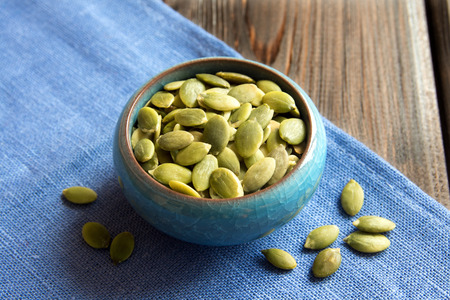 />
/>
LATIN NAME: Cucurbita Pepo
FAMILY: Cucurbitaceae
GENUS: Cucurbita
COMMON NAMES: Pumpkin, Cucurbita pepo, Field Pumpkin, Pumpkin, Vegetable Marrow
DISTRIBUTIVE AREA: originates from Central America and is cultivated in many parts of the world
BOTANICAL INFORMATION: Annual herbaceous plant with erect and branched root. Stem is up to 5-8 m long. Leaves are alternate, long-petiolate, heart-shaped, five-lobed or five-segmented, laminas are up to 25 cm long, covered with short hairs. The flowers are large, single, same-sex, yellow or orange. The fruit is a large, smooth, spherical or oval in shape, fleshy pepo, with numerous seeds, covered with a hard crust. The seeds are broadly elliptical or ovate, from 15 to 23 mm long and from 2 to 3 mm thick, externally of yellowish-white color.
Pumpkin contains:
- vitamins (A, E, C, group B, folic acid)
- trace elements (copper, zinc, iron, cobalt, iodine, manganese, fluorine)
- macroelements (calcium, potassium, magnesium, phosphorus, sodium)
- organic acids
- simple sugars (fructose and glucose)
- dietary fiber
- pectins
The content of provitamin A in a pumpkin is five times more than in carrots and three times more than in a beef liver.
“Advice from a pumpkin: be well-rounded, get plenty of sunshine, give thanks for life's bounty, have a thick skin, keep growing, be outstanding in your field, think big”
Ilan Shamir
*This article is for informational purposes only. We suggest consulting with a physician before using these or any other herbal supplements.
